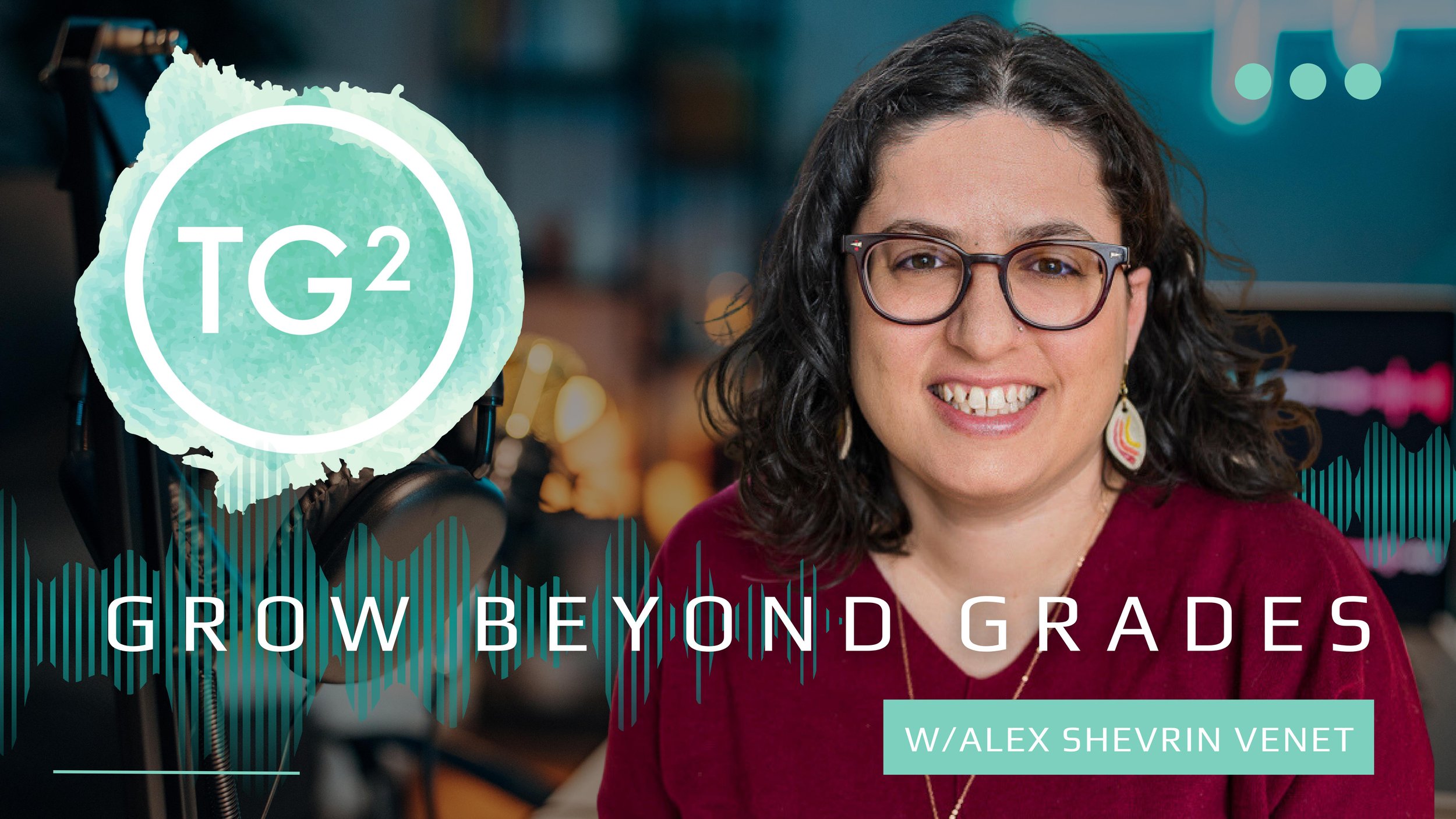Make Teaching Sustainable w/Paul Emerich France
David Frangiosa interviews Paul Emerich France, founder of the Sustainable Teaching Project, exploring shifts that teachers can make to avoid burnout, including assessment practices that invite and empower student participation in their own learning.
Personalized Learning Should Be Sustainable
Personalization is not the same as individualization. Teacher-driven individualization requires creating as many activities in the classroom as there are learners, while personalization requires partnering with learners to make learning meaningful and relevant to each individual child. This reframing of personalization creates a path to sustainability, reminding us that teachers’ workloads matter: if teachers are depleting their energy reserves, then they won’t have the energy to actually implement instruction.
MT4S and the Power of Strengths-based Design
Dr. David E. Kirkland discusses the Multi-Tier System of Sustaining Strengths and Support (MT4S) model, which underscores a critical shift from remediation to celebration, from merely navigating learning barriers to paving pathways for success. This is how equity and justice in education really looks.
Universal Design for Assessment
Having choices in how students show their learning is critically important to access, equity, and even engagement. In addition to these compelling reasons, having choices for demonstrating understanding is a necessary condition of assessment validity. Lee Ann Jung shows how by removing the barriers to assessment, every student has the chance to shine.
Ungrading = Inclusive Assessment?
Grades do harm, and marginalized students are often harmed the most by grades. Yet, as Juuso Nieminen points out, it is dangerous to portray ungrading as a ‘panacea’ or even as a ‘solution’ to the matters of inclusion. Instead, I see ungrading as a deeply contextual, relational practice that can promote inclusion. The critical questions are: why, for whom, and under what circumstances?
Assessing Holistically w/Dr. Carissa McCray
Michelle Cottrell-Williams interviews Dr. Carissa McCray on how teachers can better create equitable, inclusive learning environment that assess learners holistically. Dr. McCray explains why a culturally competent education is important for everyone in our globalized world, and the all-important role assessment plays in reaching all students.
Equity-Centered Trauma-Informed Education w/Alex Shevrin Venet
Lisa Wennerth interviews Alex Shevrin Venet, author Equity-Centered Trauma-Informed Education. Venet explains how schools can become more truly trauma-informed when they center equity and employ “proactive priorities” in planning and decision making. A long time ungrader, Alex examines how the same principles can be used to make ungrading more inclusive and equitable.
Toward Assessment Utopias w/Juuso Nieminen
Lisa Wennerth interviews Juuso Nieminen, whose research focuses on the student perspective in assessment, and particularly how assessment shapes students’ identities in higher education and beyond. By entering into assessment partnerships with students, can teachers disrupt the usual power relations of grading and foster student empowerment?
Different Is Not Deficient
We may not be responsible for the inequities our students have faced before they met us, but they are in our care now—and we have agency over the state of equity in our classrooms. This systemic inequity is reason to not only question the status quo, but undo the harm associated with traditional assessment and teaching methods.
Humanizing Assessment through Culturally Responsive Objectives
Assistant Professor of ELA Education, Karis Jones, shares tips and techniques for how teachers can align their assessment practices with Muhammad’s CHRE (Culturally & Historically Responsive Education) Framework: Identity, Skills, Intellect, Criticality, and Joy.
How Identities Impact Our Pedagogical Practices
Progressive pedagogical practices come at the greatest risk for those who would have most benefit from empowering educational structures. Liz Norell, explains why those with more privileged identities must leverage their identity, positionality, and privilege in creating more inclusive learning environments.
Centering Joy in the Classroom w/Liz Norell
How can we make classrooms more inclusive, engaging, exciting, relevant, and welcoming spaces for learning? Political science professor, Liz Norell, shows how, by embracing pedagogies of equity and care, we can create environments in which all students can flourish.












